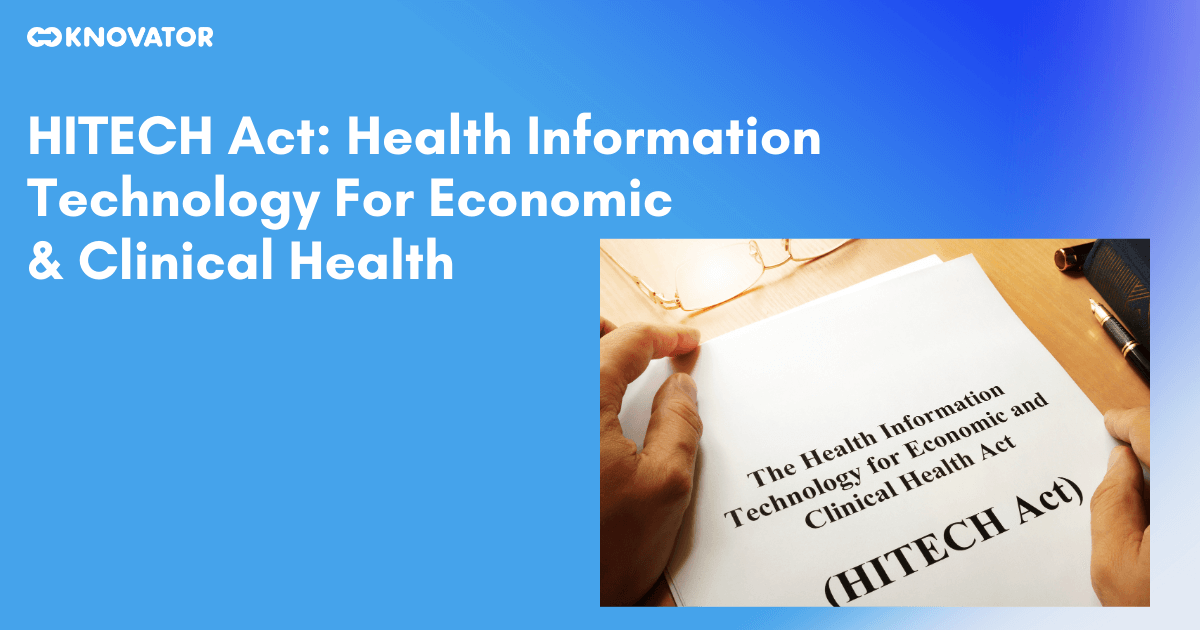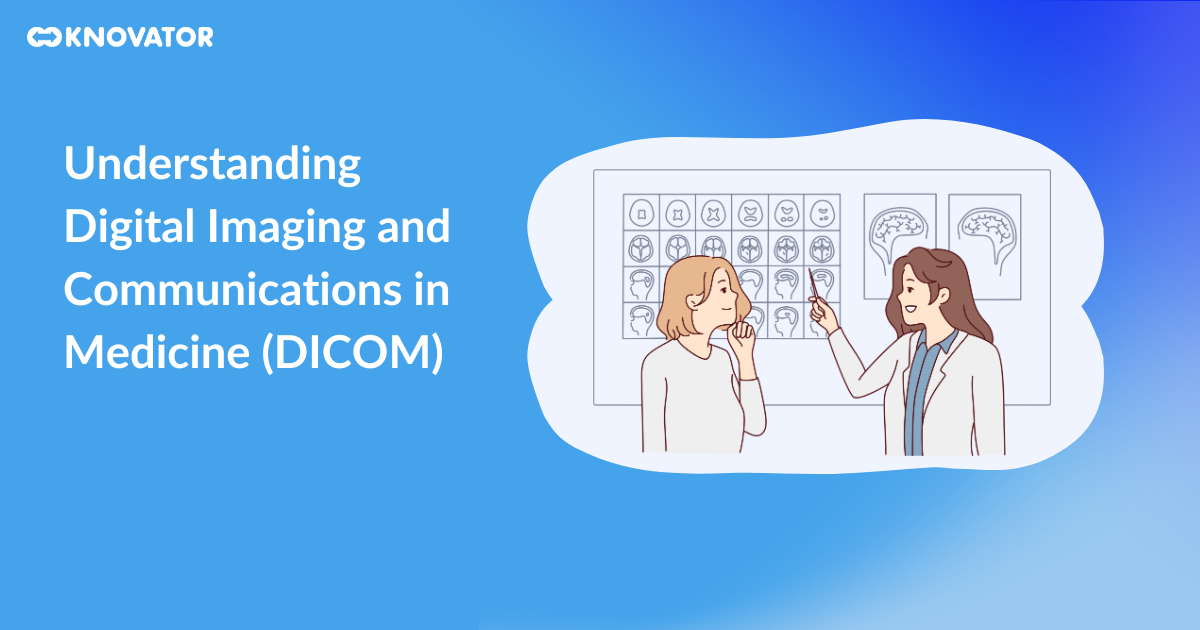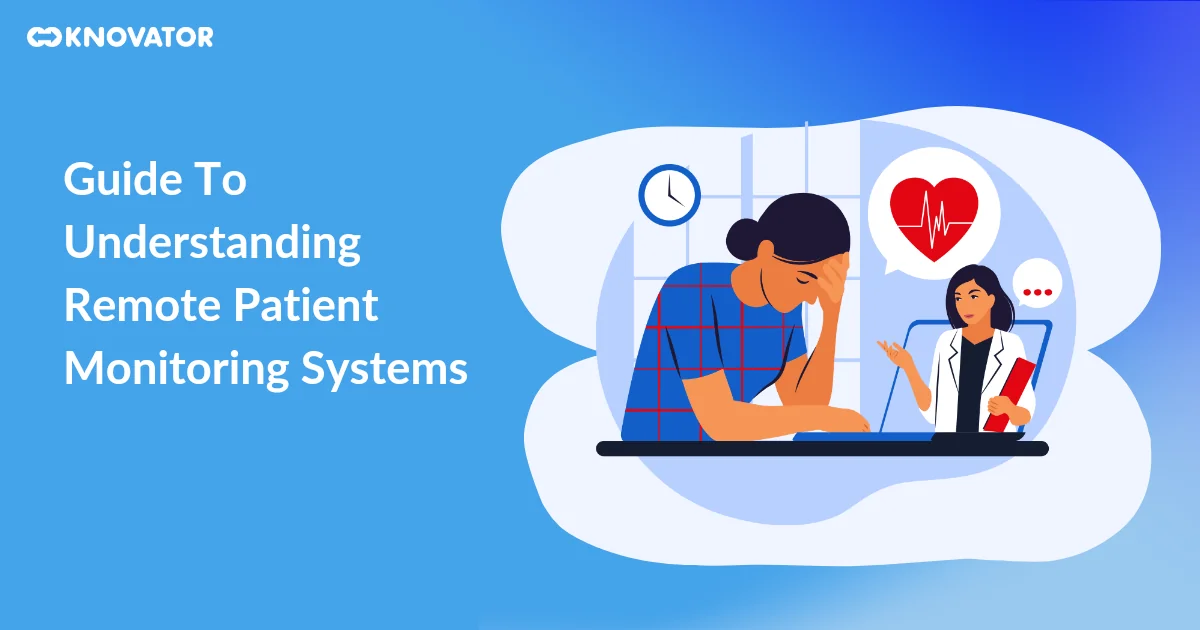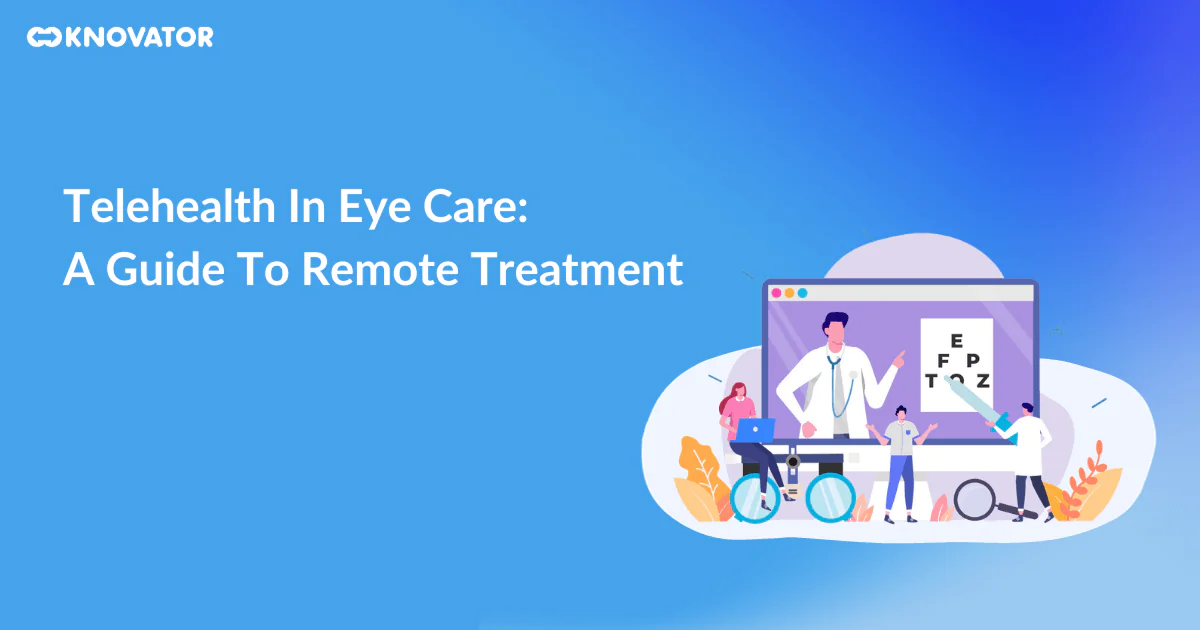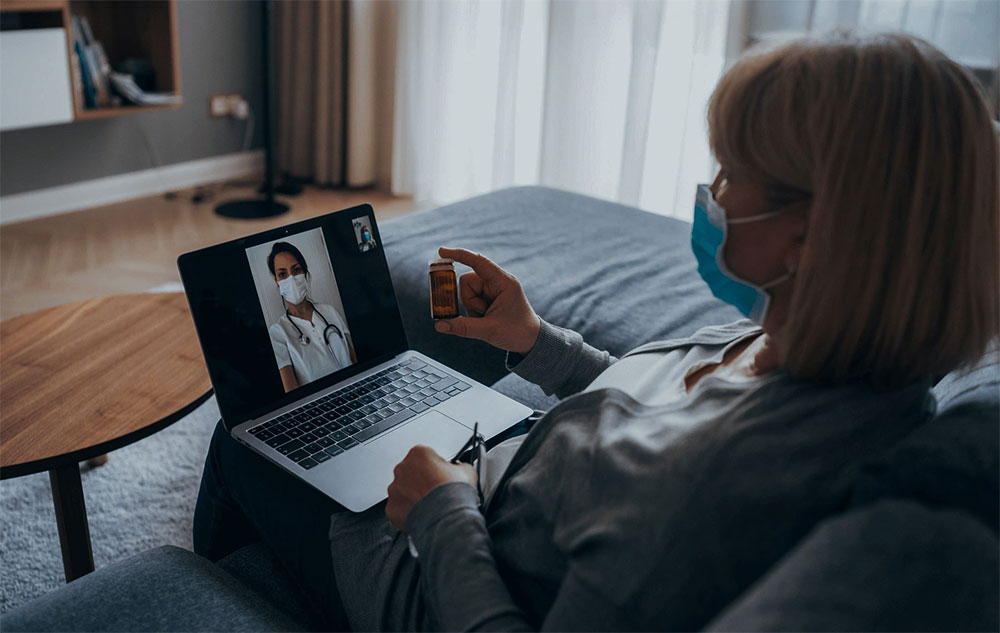If you’ve ever wondered, “What is the HITECH Act?” you’re not alone. The HITECH Act of 2009, or Health Information Technology for Economic and Clinical Health Act (HITECH), is a key piece of legislation in the healthcare industry. It aims to promote the adoption and meaningful use of health information technology. HITECH has shaped how healthcare providers manage and secure patient data. It ensures that health information is shared in a manner that makes a difference in healthcare quality and patient safety. The Act also enhances data privacy, letting patients control their health information. So, buckle up as we dive deep into this important subject!
Goals of the HITECH Act
 The HITECH Act has five primary goals designed to reshape the healthcare landscape. The first is to improve healthcare quality, safety, and efficiency. It encourages using Electronic Health Records (EHRs) to streamline patient care, reducing medical errors and improving outcomes.
The HITECH Act has five primary goals designed to reshape the healthcare landscape. The first is to improve healthcare quality, safety, and efficiency. It encourages using Electronic Health Records (EHRs) to streamline patient care, reducing medical errors and improving outcomes.
Secondly, it aims to engage patients and families in their healthcare. Patients can better understand their health and make informed decisions by getting easy access to their electronic medical records.
The third goal is to improve care coordination. By making patient data easily accessible to all authorized healthcare providers, HITECH fosters better communication and collaboration, reducing duplication and unnecessary treatments.
Fourth, HITECH focuses on improving population and public health. With the aggregation of health data, healthcare organizations can identify health trends, implement preventive measures, and manage disease outbreaks more effectively.
Lastly, the HITECH Act ensures the privacy and security of personal health information. By strengthening the enforcement of HIPAA regulations, HITECH promotes trust in the healthcare system.
HITECH Act and ARRA
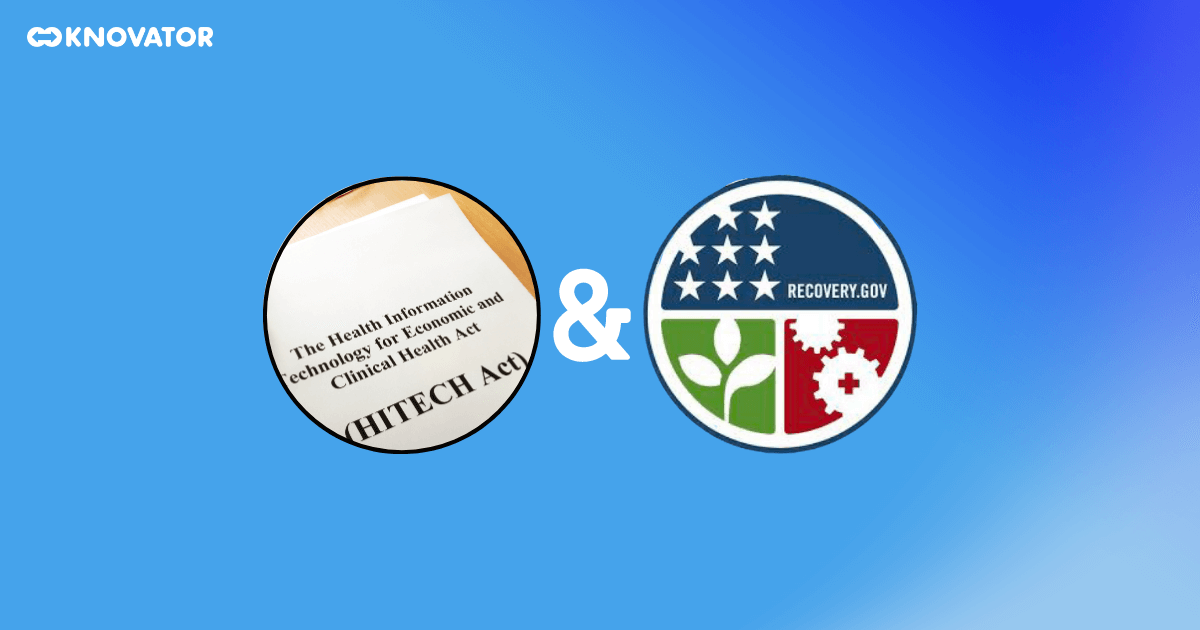 The HITECH Act is a component of the American Recovery and Reinvestment Act (ARRA) 2009. The ARRA passed in response to the economic crisis of 2008, aimed to stimulate economic growth. So, how does HITECH fit into this?
The HITECH Act is a component of the American Recovery and Reinvestment Act (ARRA) 2009. The ARRA passed in response to the economic crisis of 2008, aimed to stimulate economic growth. So, how does HITECH fit into this?
Well, the HITECH Act is all about fostering technological advancement in healthcare. It invests heavily in health information technology infrastructure and financially incentivizes healthcare providers to adopt EHRs. By modernizing healthcare, HITECH contributes to the economic recovery. It also propels the healthcare industry into the digital age, making it more efficient, secure, and patient-centered.
Importance of the HITECH Act
 The HITECH Act’s importance can’t be overstated. First, it accelerates the adoption of Electronic Health Records (EHRs). Before HITECH, EHR adoption was slow. With HITECH, healthcare providers are incentivized to move away from paper records, making healthcare more efficient.
The HITECH Act’s importance can’t be overstated. First, it accelerates the adoption of Electronic Health Records (EHRs). Before HITECH, EHR adoption was slow. With HITECH, healthcare providers are incentivized to move away from paper records, making healthcare more efficient.
Second, HITECH boosts HIPAA compliance. HIPAA, or the Health Insurance Portability and Accountability Act, sets the standard for protecting sensitive patient data. HITECH enhances HIPAA by setting stricter enforcement and higher penalties for non-compliance.
Furthermore, HITECH advances privacy and security protections for healthcare data. By expanding the scope of privacy and security protections under HIPAA, HITECH gives patients more control over their health information.
Finally, the HITECH Act supports the exchange of health information. It aims to build a health information exchange infrastructure to share patient data among healthcare providers securely. This ability to exchange information is vital for improving patient care coordination and health outcomes.
Also Read : Patient Engagement Solutions
HITECH Act Compliance
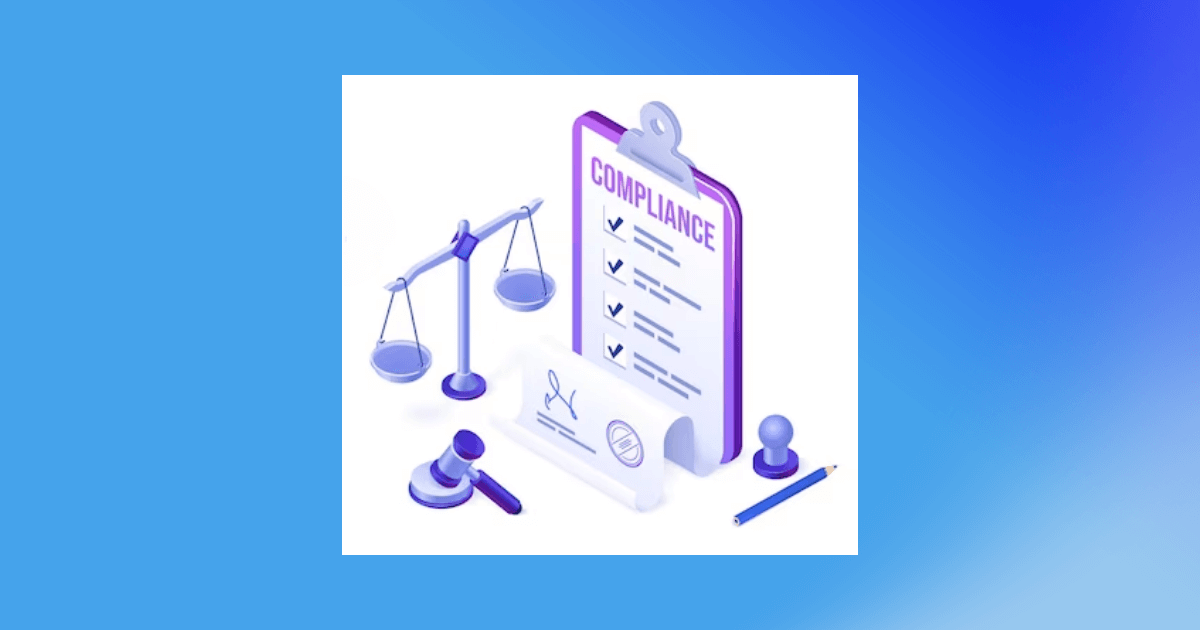 HITECH Act compliance is crucial for healthcare providers and business associates. Complying with the HITECH Act involves meeting specific requirements, the key among them being adopting and effectively utilizing EHRs. The goal isn’t just to implement EHRs but to use them meaningfully to improve patient care quality and safety.
HITECH Act compliance is crucial for healthcare providers and business associates. Complying with the HITECH Act involves meeting specific requirements, the key among them being adopting and effectively utilizing EHRs. The goal isn’t just to implement EHRs but to use them meaningfully to improve patient care quality and safety.
HITECH expands the HIPAA privacy and security rules for covered entities and business associates. It introduces more stringent laws regarding protecting and handling Protected Health Information (PHI). So, a HIPAA and HITECH Act compliance guide or a HIPAA HITECH Act compliance checklist becomes essential in navigating these requirements.
HITECH Act compliance also encompasses following a well-defined protocol for breach notification. In case there is a breach of unsecured PHI, entities covered should notify the affected individuals, the Department of Health and Human Services, and in some cases, the media.
Finally, HITECH provides for staggered compliance dates, giving healthcare providers and business associates time to achieve compliance with its various aspects.
The Meaningful Use Program
 The Meaningful Use Program, a core part of the HITECH Act, incentivizes healthcare providers to adopt and use EHRs meaningfully. But what exactly does “meaningful use” mean?
The Meaningful Use Program, a core part of the HITECH Act, incentivizes healthcare providers to adopt and use EHRs meaningfully. But what exactly does “meaningful use” mean?
Simply put, to meet the criteria for meaningful use, healthcare providers must demonstrate that they’re using certified EHR technology to improve patient care quality, safety, and efficiency. They must show that they’re engaging patients in their care, improving care coordination, maintaining privacy and security of patient health information, and improving public health.
Incentives for meeting these objectives come from Medicare and Medicaid EHR incentive payments. However, these incentives come with a flip side. Providers who fail to demonstrate meaningful use face reductions in their Medicare payments, pushing them toward compliance and promoting widespread EHR adoption.
Impact on Business Associates
 The HITECH Act significantly impacts business associates, expanding their HIPAA obligations. Business associates are responsible for compliance with certain HIPAA Privacy and Security Rules. Before HITECH, they were only contractually obligated through business associate agreements with covered entities.
The HITECH Act significantly impacts business associates, expanding their HIPAA obligations. Business associates are responsible for compliance with certain HIPAA Privacy and Security Rules. Before HITECH, they were only contractually obligated through business associate agreements with covered entities.
Business associates must implement administrative, physical, and technical safeguards to protect PHI. They are also obligated to report breaches of unsecured PHI to the covered entity.
Moreover, business associates must ensure their PHI subcontractors agree to the same rules and regulations. Any breach of these rules can result in civil and criminal penalties, further emphasizing the need for a robust HIPAA HITECH Act compliance checklist for business associates.
Penalties for HIPAA Violations
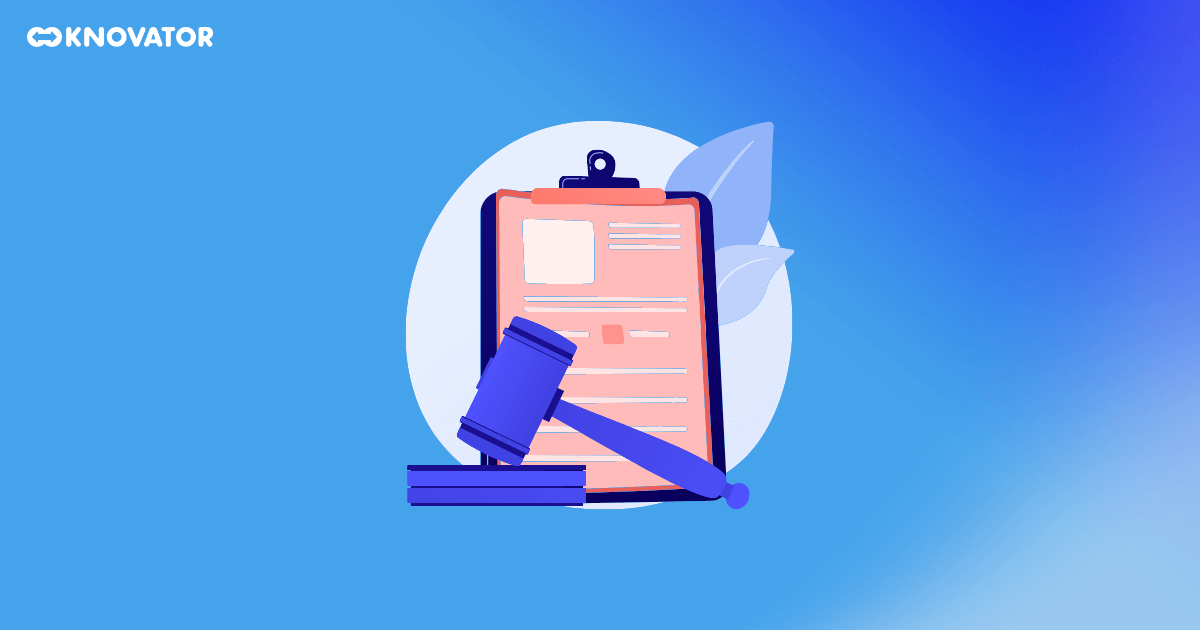 One of the key components of the HITECH Act was the introduction of steeper penalties for HIPAA violations. This meant a renewed focus on compliance for covered entities and, for the first time, direct compliance responsibilities for business associates.
One of the key components of the HITECH Act was the introduction of steeper penalties for HIPAA violations. This meant a renewed focus on compliance for covered entities and, for the first time, direct compliance responsibilities for business associates.
Violations are classified into four tiers based on the violator’s knowledge and whether they took corrective action. The first tier is of unintentional breaches where the entity did not know and could not have reasonably known of the breach. The highest tier is for violations due to willful neglect that the entity failed to correct.
The penalties may range from $100 to $50,000 per violation (or record), with an upper limit of $1.5 million per year for violations of the same provision. It’s important to note that penalties can be waived in certain circumstances for covered entities that correct their breaches within 30 days.
HITECH Act Amendments
 Since its inception in 2009, the HITECH Act has seen several amendments to stay current with the rapidly evolving healthcare industry. A significant amendment is the HIPAA Safe Harbor law of 2021.
Since its inception in 2009, the HITECH Act has seen several amendments to stay current with the rapidly evolving healthcare industry. A significant amendment is the HIPAA Safe Harbor law of 2021.
The Safe Harbor law incentivizes healthcare providers to adopt recognized cybersecurity practices. Those who do are offered certain legal protections, including reduced fines in the case of a data breach, and they might even have a partial or complete defense raised in case of an audit or investigation by HHS.
This is a big step towards encouraging healthcare providers and their business associates to invest in cybersecurity and protect patient health data from increasing cybersecurity threats.
The HIPAA Breach Notification Rule
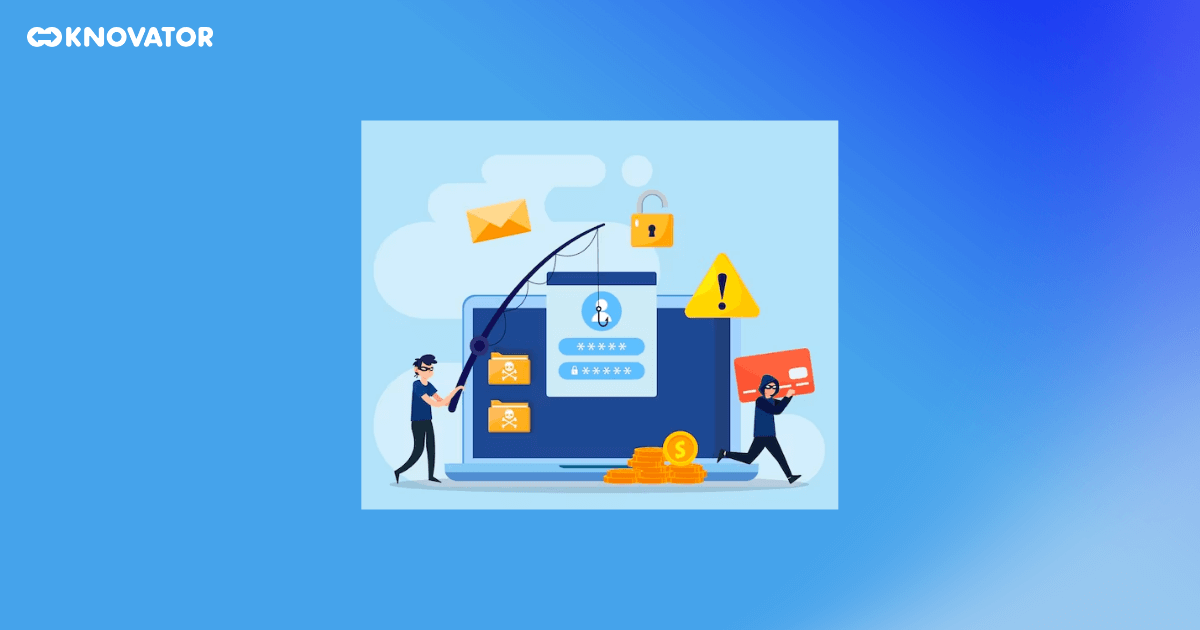 The HIPAA Breach Notification Rule, established by the HITECH Act, mandates covered entities and their business associates to report data breaches. When unsecured PHI is accessed, used, disclosed, or acquired inappropriately, it is considered a breach.
The HIPAA Breach Notification Rule, established by the HITECH Act, mandates covered entities and their business associates to report data breaches. When unsecured PHI is accessed, used, disclosed, or acquired inappropriately, it is considered a breach.
Upon discovering a breach, covered entities must notify affected individuals without undue delay and no later than 60 days. Notifications need to include a description of the breach, the type of information involved, steps individuals should take to protect themselves, what the covered entity is doing to investigate and minimize the violation, and contact details for more information.
Significant breaches (affecting more than 500 individuals) must be reported to the Secretary of HHS and the media. Smaller breaches are reported to the Secretary annually. Breach notifications keep everyone informed and encourage corrective actions to prevent future violations.
Access to Electronic Health Records
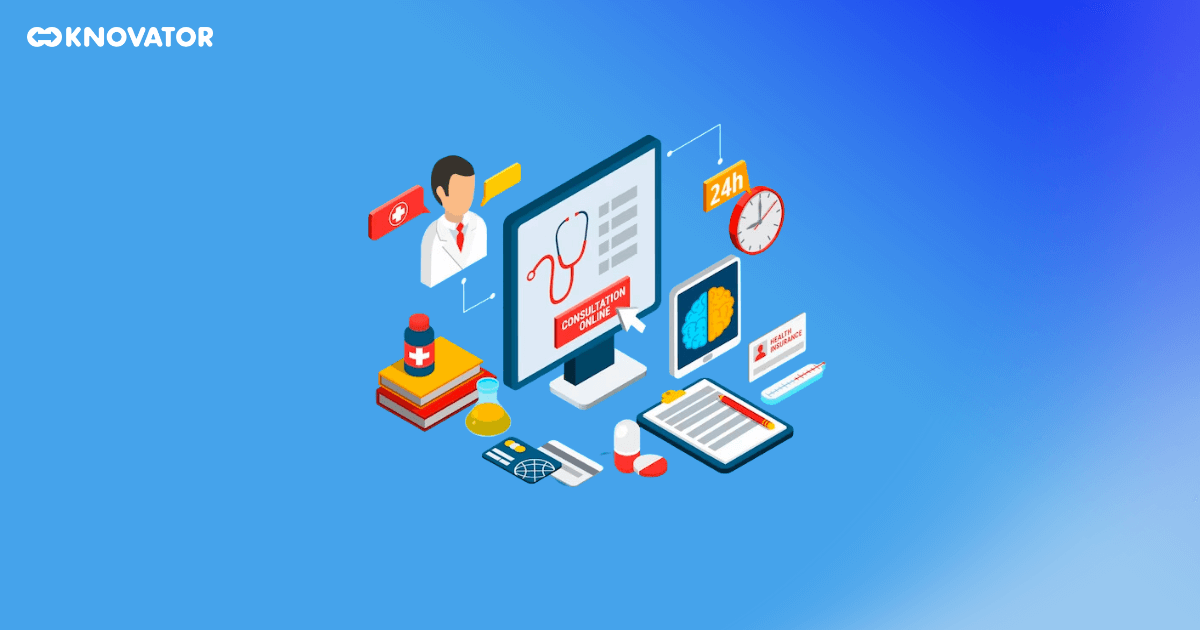 The HITECH Act has significantly improved patients’ access to electronic health records (EHRs). It recognizes the importance of empowering individuals with easy access to their health information, allowing them to take control of their healthcare decisions.
The HITECH Act has significantly improved patients’ access to electronic health records (EHRs). It recognizes the importance of empowering individuals with easy access to their health information, allowing them to take control of their healthcare decisions.
Under the HITECH Act, individuals can obtain copies of their EHRs in electronic format upon request. Covered entities must provide access within 30 days, with the option to extend the timeframe by an additional 30 days in certain circumstances.
This access to EHRs enables patients to review their medical history, verify the accuracy of their information, and share it with other healthcare providers as needed. It promotes continuity of care, facilitates informed decision-making, and enhances patient engagement.
However, providing access to EHRs comes with its own challenges. Healthcare organizations have to ensure the security and privacy of the information, implement appropriate authentication measures, and establish secure channels for transmitting the data to patients.
Also Read : Benefits of Buy Hospital Automated Prior Authorization Solution
Uses and Disclosures of Protected Health Information
 The HITECH Act has revised the allowed disclosures and uses of Protected Health Information (PHI) under HIPAA. The covered entities and their business associates must follow these rules to protect patients’ privacy and maintain the confidentiality of their health information.
The HITECH Act has revised the allowed disclosures and uses of Protected Health Information (PHI) under HIPAA. The covered entities and their business associates must follow these rules to protect patients’ privacy and maintain the confidentiality of their health information.
The Act defines specific situations where PHI can be used or disclosed without an individual’s authorization, such as for treatment, payment, and healthcare operations. It also outlines additional requirements for accounting for disclosures of PHI, providing individuals with a record of who has accessed their health information.
The HITECH Act strengthens patients’ control over their health information by introducing more stringent requirements for obtaining authorization for certain uses and disclosures. It emphasizes the importance of obtaining explicit patient consent before using or disclosing their information for marketing purposes.
Covered entities and business associates must have clear policies and procedures to adhere to these rules. They must educate their workforce on properly handling PHI and implement safeguards against unauthorized access or disclosure.
Also Read : Top Telehealth Business Ideas
FAQs on HITECH Act
To address common questions about the HITECH Act and its impact on the healthcare industry, here are some frequently asked questions:
How does the HITECH Act relate to HIPAA?
The HITECH Act is an amendment to HIPAA that enhances privacy and security protections for health information and promotes the adoption of electronic health records.
What are the major components of the HITECH Act?
The major components include:
- The Meaningful Use program.
- Increased penalties for HIPAA violations.
- Breach notification requirements.
- Extending HIPAA compliance to business associates.
How does the HITECH Act affect healthcare providers?
Healthcare providers are incentivized to adopt certified electronic health records and meet Meaningful Use criteria to qualify for financial incentives.
What are the key compliance requirements under the HITECH Act?
Compliance requirements include:
- Implementing privacy and security safeguards.
- Conducting risk assessments.
- Providing breach notifications.
- Offering individuals access to their electronic health records.
How does the HITECH Act impact patients?
The HITECH Act improves patients’ access to health information, enhances privacy and security protections, and promotes greater patient engagement in healthcare decisions.
These FAQs provide a brief overview of the HITECH Act and its implications. Healthcare organizations and individuals need to stay informed about these regulations to ensure compliance and protect the privacy of health information.

